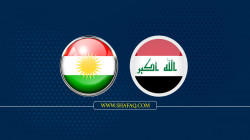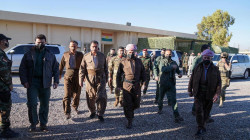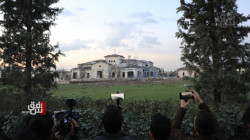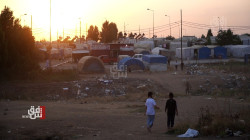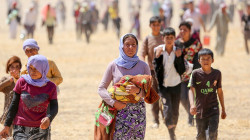More than 80 displaced families return to Sinjar despite challenges
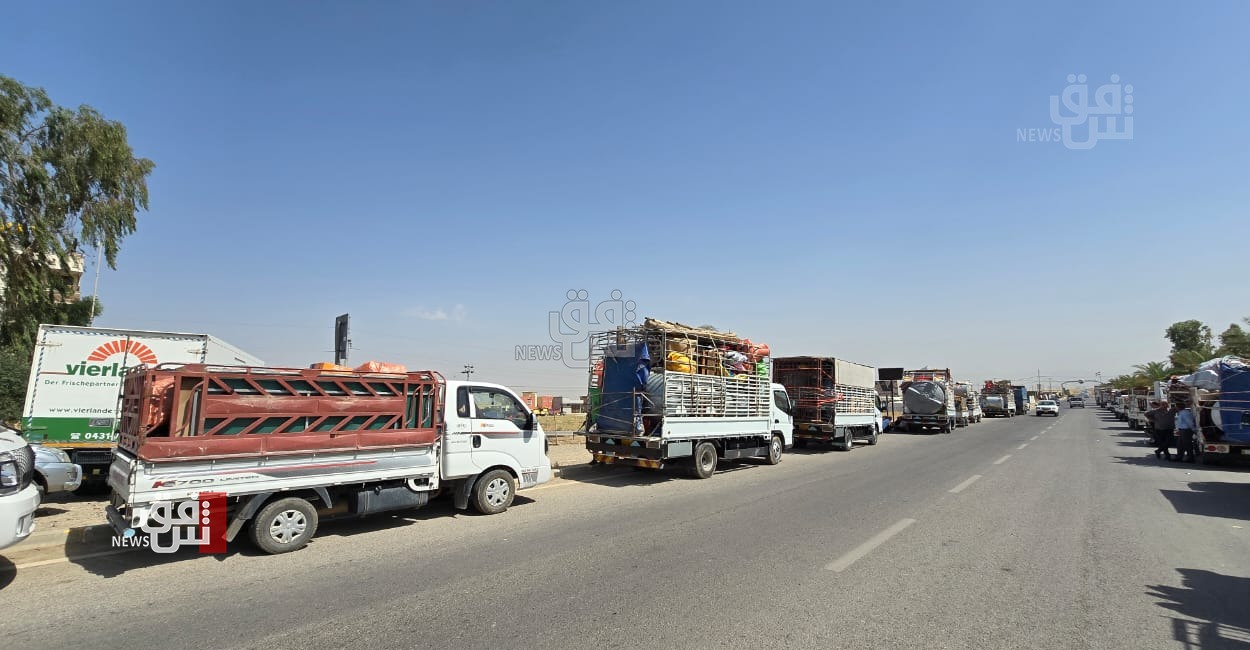
Shafaq News/ Eighty-three displaced families have returned to their hometowns in Sinjar under a voluntary program launched by the International Organization for Migration (IOM) in 2023.
The families, residing outside camps, received $1880 each to aid reconstruction efforts, said Renaz Mir Khah, an IOM officer told Shafaq News Agency. "People who returned to their residence were not included in the system. They have the choice of not coming back, even if they signed initially."
Mirza Allaw, a citizen who returned to his destroyed residence, said, "the aid barely covers our needs. Our house is completely destroyed. We will pitch a tent in the yard."
Another internally displaced person, Jasem Khalaf, said he would not return in the absence of basic services and lack of security.
"We cannot go back to the current situation. We are staying where we are," he said.
The Sinjar district has witnessed extreme violence in recent years, culminating in the rule of the Islamic State (ISIS), which resulted in the deaths of thousands of civilians and forced many more to flee. As a result, 280,000 Yezidis are currently living as internally displaced persons in camps in a neighboring governorate.
Instability in this tiny district, on the border with Syria and Türkiye, continues to exacerbate conflicts in the Middle East. The area's remote location and its mountainous topography have enabled armed groups to gain authority and access secure transit routes that connect conflicts in Iraq, Türkiye, Syria, and Lebanon.
ISIS captured swathes of territory in Iraq and Syria in the summer of 2014 but exercised particular brutality when it came to the Yazidis, who they considered infidels. ISIS enslaved thousands and killed thousands more in what has been recognized in several countries as a genocide.
War to push the extremist group out of the area saw much of the area's infrastructure destroyed, and some 400,000 Yazidis were displaced from their heartland.
Some 200,000 Yazidis remain displaced, according to official figures, with many living in camps in the Kurdistan Region.
Thousands more are still missing, and the process of exhuming mass graves and identifying the victims of the ISIS genocide has been painstakingly slow
Earlier this year, UNITAD, the UN mission established to help get justice and accountability for Yazidis, has also been brought to an abrupt end.
A security vacuum has long existed in the area, with various armed groups claiming control of different parts of the district. Turkiye frequently strikes Sinjar, where there are local fighters affiliated with the Kurdistan Workers' Party.
